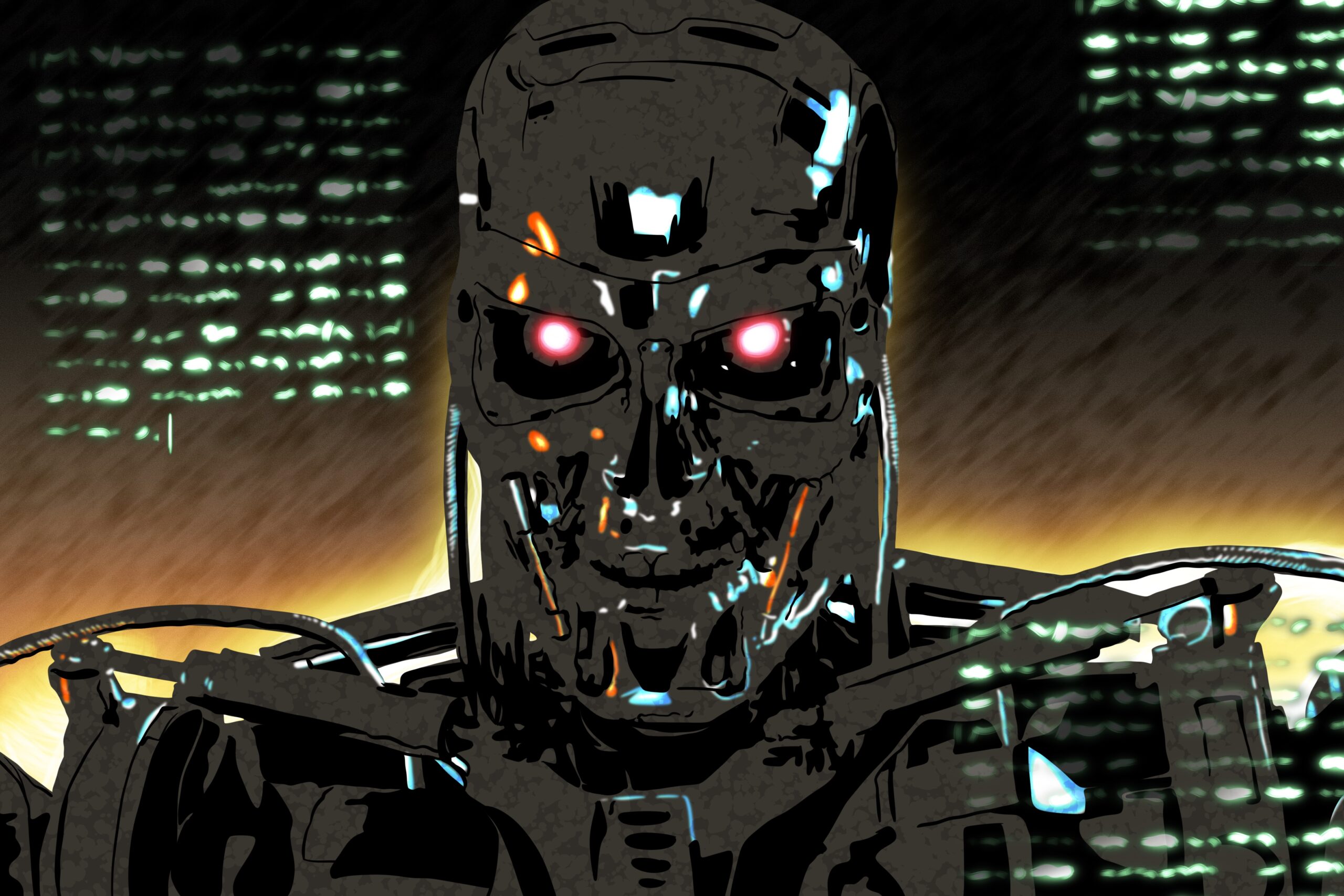Take a gander at the news, scroll past the miasma of celebrity gossip and never-ending disputes over politics, and chances are that one will find pages upon pages of articles about the latest advancements in artificial intelligence (AI). Makes sense, of course, given that it’s the next big tech breakthrough of this generation. It is definitely more impressive than hearing more about misleadingly named hoverboards.
Artificial intelligence is the hottest source of controversy outside of politics or dating show tribe mentalities. New developments of text-generating algorithms designed for personal or technical use, programs such as ChatGPT are making waves among academics and businesses, with many incorporating them into their day-to-day functions.
That hasn’t stopped anyone’s worries, though, as concerns regarding the malevolent use of such programs have been center-stage in many people’s minds. But that begs the question: Why is there a consensus that artificial intelligence will have negative consequences when the academic and business world accepts it with open arms?
Why do people feel like we’re handing over the nuclear launch codes to Siri with a wink and a smile just by plugging it into school websites or using chatbots for kicks and giggles?
Simple: because that’s the impression that years of media consumption have conditioned them to feel.
The term “robot,” as we know it today, originated in the 1921 play “R.U.R.,” introducing the concept of automated humanoids to the world. It is the story of artificially created humanoids enslaved by humanity and subsequently launching a bloody revolt in the story’s climax. Right from the start, the concept of artificial intelligence is correlated with the idea that it will be turned against us, fostering a sense of distrust from the conceptual robot’s inception.
The jump from the stage to the silver screen did not leave the concept of the robot behind. Paranoia fuel for the machine more than reached its zenith — with movies such as the monotone Hal 9000 from Stanley Kubrik’s “2001: A Space Odyssey” and the boomstick-brandishing T-800s from “Terminator.”
With such cinematic icons of robotics as these, is it any wonder that people are this worried about AI? Even if they’re not taking to the streets with picket signs and screaming, “The end is nigh,” there’s still the general concern that the growing integration of AI into facets of business such as technical writing and automation will harm those trying to make a living in those fields.
After all, if you can get a machine to churn out 500 words in a few seconds, why worry about having to pay the human element?
There is a common thread connecting these types of cinematic cybernetics. That is, of course, the idea of rampant AI, a machine that could think for itself and spontaneously decide to wipe humanity from the board with fiery results. However, there is a more grounded and realistic take on the harm of AI that speaks to the worries of the working class, and it’s not something that one would immediately think of when researching malevolent automation.
Well, that’s because it’s not really malevolent and is a subplot in a movie about an eccentric chocolatier and his somewhat hazardous, (seriously, that chocolate river should have had guardrails, at the least), sweet-making factory.
Tim Burton’s take on “Charlie and The Chocolate Factory” is considered an odd duck among fans of the Roald Dahl novel. It has the usual Burtonian eccentricities, the weirdly psychedelic musical numbers and the meme-spawning inclusion of Christopher Lee as Willy Wonka’s dentist father going for it. One aspect that doesn’t get talked about as much is the side plot involving a toothpaste packing factory laying off Charlie Bucket’s father..
The reason? They made a machine that could do his job for him in half the time. Let it be known, folks, that Tim Burton may in fact be a filmmaking prophet.
The bulk of this plotline occurs offscreen, of course. It’s a movie about candy, so why spend a portion of the runtime focusing on cleaning teeth unless Christopher Lee’s in it? But it all wraps up with the kicker that the factory hired Mr. Bucket again as the machine’s repairman. A seemingly half-hearted resolution to a very real-world worry at first glance, but it’s something that deserves more credit than it gets because this mindset will be the norm with these advances in AI.
There will always be newer, shinier machines to help circumvent the human factor and maximize profit. Just like what happened with elevator operators once they put automated buttons on them, chances are that there will be some new automated device or text algorithm made to solve problems faster, write quicker or accomplish tasks briskly. But machines can break, software can glitch and someone will have to be waiting in the wings with a wrench and keyboard to run some maintenance.
As long as someone doesn’t program an AI on how to operate any nuclear launch codes, chances are we won’t live through a “Terminator” sequel anytime soon.

















